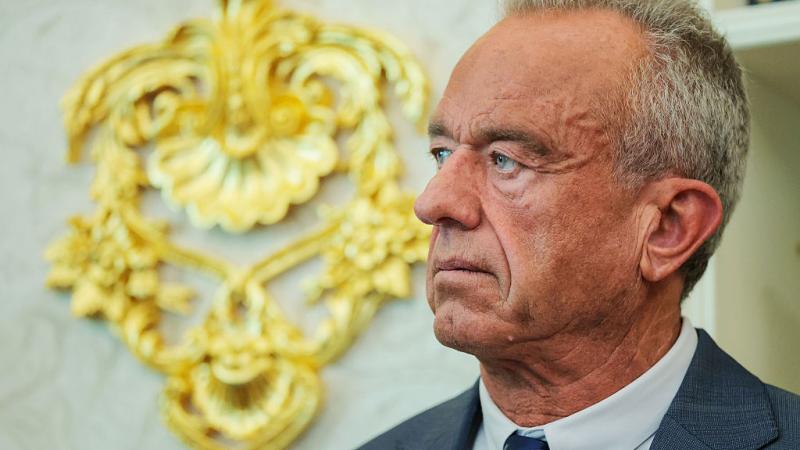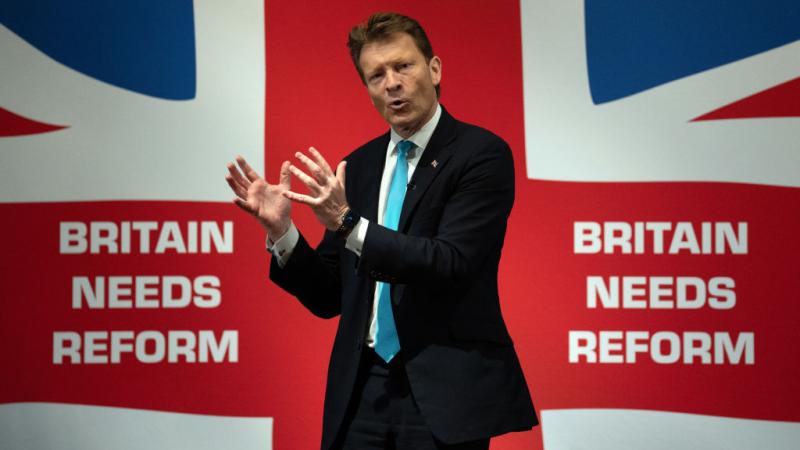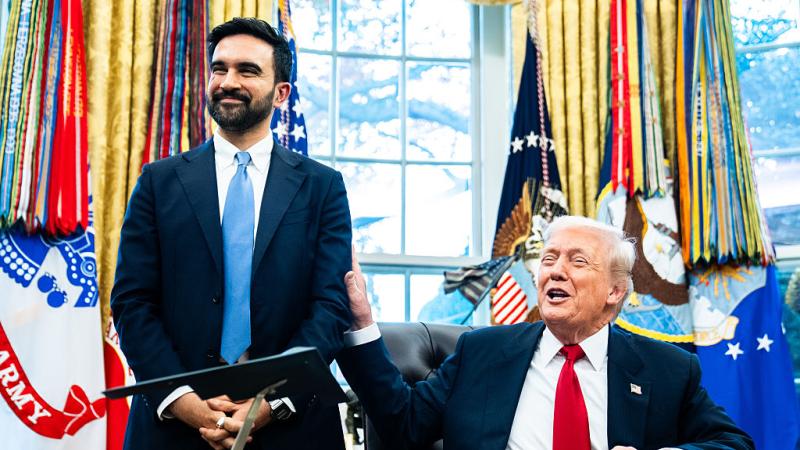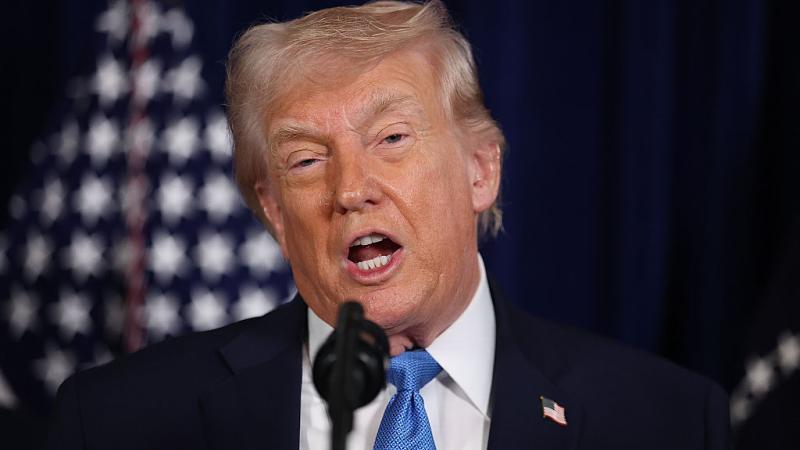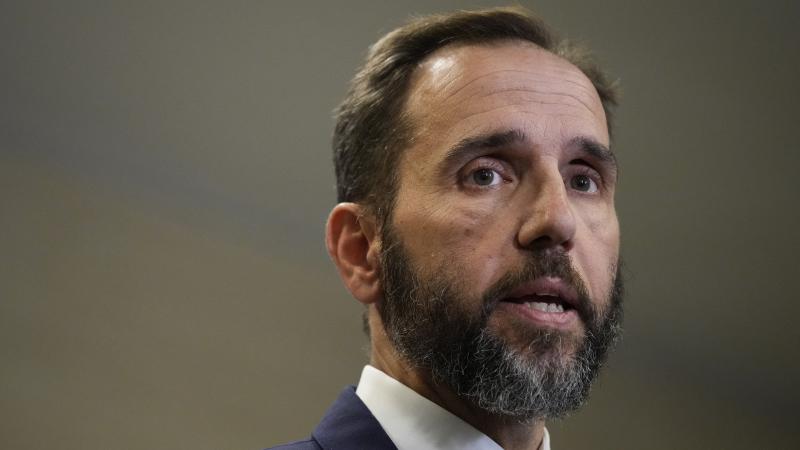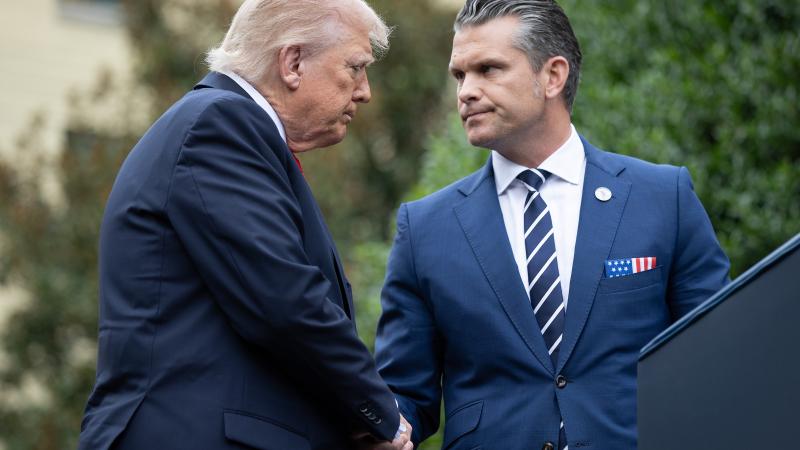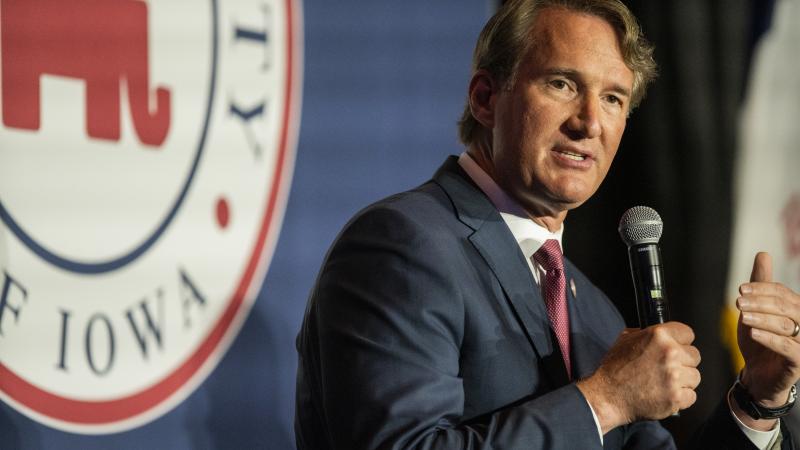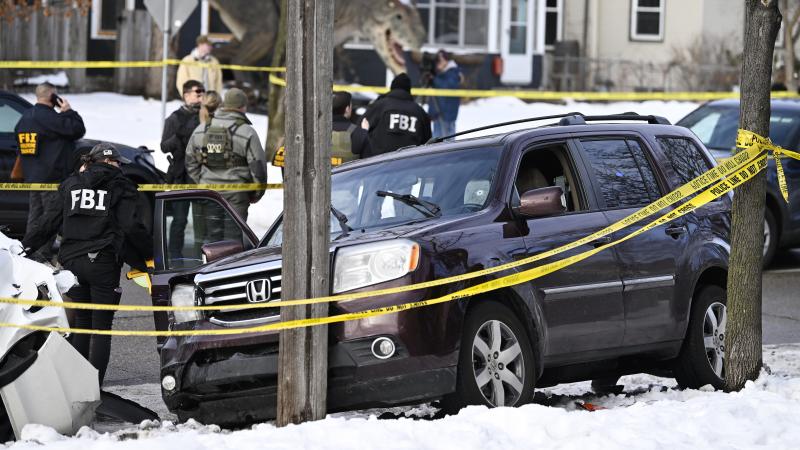COVID role reversal: Cuomo faces intensifying scrutiny, as DeSantis claims vindication
New York governor lashes out at unreliable experts, while Florida counterpart touts his independent course.
"I think we're going to have enough hospital space."
That's what Florida Gov. Ron DeSantis said was his reaction early in the COVID-19 pandemic to expert advice that hospitals should discharge elderly COVID-19 patients into nursing homes.
"There were a lot of people saying you needed to get nursing home patients out of hospitals, send them back to nursing homes, so that you could clear hospital beds," DeSantis said during a recent Fox News interview. "In Florida, we did the opposite."
DeSantis has emerged lately as the frontrunner in a bitter, months-long dispute over which state executive — DeSantis in Florida or Gov. Andrew Cuomo in New York — most effectively managed the COVID-19 crisis of the past year.
Critics have periodically alleged that the DeSantis administration has been fudging numbers and concealing pandemic data in an effort to make it seem as if his state's coronavirus data are more favorable than they truly are.
Those accusations have been embodied most prominently by Rebekah Jones, a former state health department official who launched her own COVID dashboard after being fired by the state while claiming Florida was concealing the full extent of the virus' toll there.
That script appeared to get flipped on its head last week when a Cuomo aide explicitly admitted during a private conference call that New York had concealed nursing home death statistics from investigators out of fear that then-President Donald Trump might use the information as a political cudgel during the 2020 election season.
"[W]e were in a position where we weren't sure if what we were going to give to the Department of Justice, or what we give to you guys, what we start saying, was going to be used against us while we weren't sure if there was going to be an investigation," Cuomo Secretary Melissa DeRosa, said during the call.
Directive ordered nursing homes to accept COVID patients
At issue in this latest controversy is a fateful directive issued by the Cuomo administration last year that may have sent thousands of infected coronavirus patients into highly vulnerable nursing home environments.
The March 25 directive stipulated that in New York State "no resident shall be denied re-admission or admission to [a nursing home] solely based on a confirmed or suspected diagnosis of COVID-19."
"NHs are prohibited from requiring a hospitalized resident who is determined medically stable to be tested for COVID-19 prior to admission or readmission," the order added.
At the time, the Cuomo administration — like many state governments — was scrambling to ensure that hospitals remained as empty as possible. Expert models at the time predicted imminent surges in hospital capacity due to COVID-19 infections, leaving officials fearful that hospital systems might strain and break under a huge influx of coronavirus patients.
That did not happen in New York. Instead, the emergency facilities the state had available to accommodate overflow — including about 1,000 beds in New York City's Javits Center as well as another 1,000 beds in the USNS Comfort hospital ship — went largely unused even at the height of the crisis in Manhattan.
The Comfort arrived in the city Mar. 30. Though originally meant to treat non-COVID patients, by Apr. 6 the Trump administration had ordered the ship to begin accepting COVID-positive individuals.
On Apr. 7, the Javits Center also began accepting COVID-19 patients. Cuomo did not rescind the nursing home directive until May 10.
By the time those facilities closed up for want of usage, the damage may have already been done. National data gathered by the COVID Tracking Project indicate that New York has the most nursing home deaths out of any state in the country. Though many other states have much higher proportions of COVID deaths occurring in nursing homes than New York's 39%, New York's percentage is the highest among the four most populous states — California, Texas and Florida, in addition to itself.
A Cuomo administration official who asked to speak on background held that the Javits Center and the Comfort were meant to function more as field trauma centers rather than holding centers for stable COVID patients discharged from hospitals.
The official further argued that nursing homes in New York were required by preexisting state law to implement infection control procedures if they accepted any contagious COVID patients, and that the numerous nursing homes that failed to do so were breaking the law.
PolitiFact last June noted that "once the state issued its March 25 advisory, nursing home operators said that they felt they had no choice but to accept residents who were either known to be infected or suspected to be."
"That's because the March 25 memo did not say anything about making sure that a nursing home can care for a patient before making an admission decision," the fact-checking service continued, also noting that Cuomo's directive said that nursing homes "must comply with the expedited receipt of residents returning from hospitals."
The administration in a July report countered its critics by arguing that infected staff, rather than COVID-positive patients, were mainly responsible for spreading the virus.
"Admission policies were not a significant factor in nursing home fatalities," the report argued.
"I will build field hospitals all over the state of Florida"
Though New York has the highest number of COVID nursing home deaths in the country— as well as the second-highest adjusted death rate of any state — the Cuomo administration's response has been hailed as a model for other states to follow, in part due to its strict early lockdown and other aggressive mitigation measures. Infectious disease expert and presidential COVID adviser Anthony Fauci last year claimed that New York "did it correctly" when addressing the virus.
Florida Gov. DeSantis, meanwhile, has received markedly different treatment from the lockdown left and its media allies. DeSantis has been accused countless times over the past year of hiding and soft-pedaling data as well as gravely mismanaging the pandemic in his state. Last fall, when many public health officials were gearing up to issue further restrictions and lockdowns, DeSantis effectively lifted all statewide restrictions, including reopening schools throughout his state.
The Cuomo administration's nursing home scandal has thrown into sharp relief DeSantis' approach to that same issue. Last May, as the death toll in U.S. nursing homes was becoming brutally clear, Florida state officials defended their own approach to COVID nursing home policy.
"We drew a hard line early on," Florida Agency for Healthcare Secretary Mary Mayhew told National Review that month, claiming that the state decided it was "not going to send anyone back to a nursing home who has the slightest risk of being positive."
Neither DeSantis nor officials with the state health department responded to queries this week regarding that policy. Yet DeSantis in his recent interview with Fox suggested that it was the state's reluctance to follow the prevailing expert advice that may have spared it a much larger nursing home toll.
Arguing that he foresaw the state having much more hospital space available than models at the time were predicting, DeSantis said he decided: "[I]f we don't, I will build field hospitals all over the state of Florida before I throw our elderly people to the wolves."
"And so we were very strong on that," he said. "I think that was the right decision. And I think it's been borne out to be the case as well."
Florida's percentage of COVID deaths occurring in nursing homes is not overall dramatically lower than New York's — 35% to 39%. However, the lower figure, combined with Florida's much lower adjusted death rate overall (#27 among U.S. states), may suggest that, as DeSantis implied, expert advice amid the COVID pandemic —particularly that which relies on model projections which may or may not come tp pass — is not always a practical substitute for knowledgeable, evidence-based policy decisions by public officials.
Cuomo, meanwhile, has been largely tight-lipped about his administration's coverup, though several days before that revelation broke, he offered a partial defense of his state's nursing home policy at a press conference, arguing that "federal guidance" under the Trump administration had been one of the factors in shaping that policy.
Pointing out that experts had failed on multiple levels throughout the course of the COVID-19 pandemic — including allegedly failing to detect it in the U.S. for weeks or months after its arrival — Cuomo admitted that it "sounds like I'm saying I don't really trust the experts."
"Because I don't," he said. "Because I don't."

